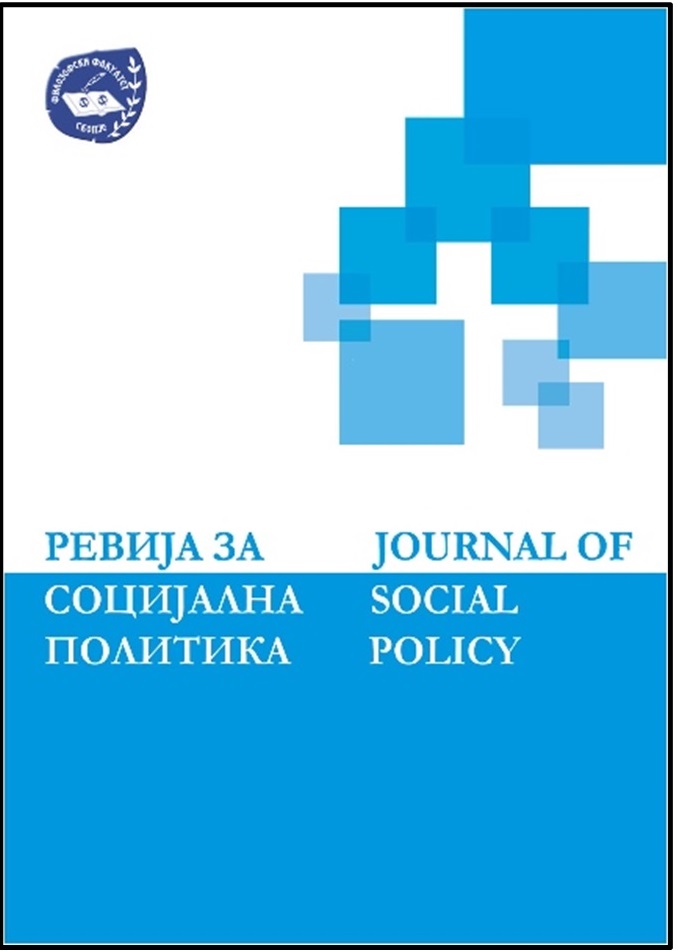Welfare state and welfare abuse: empirical evidence from Poland
Апстракт
Welfare abuse is a complex and multidimensional research problem. The purpose of this article is twofold: theoretical and empirical. The theoretical objective is to present the author’s understanding of the term ‘welfare abuse’. The nature and typology of this problem are discussed. In this way, an attempt is made to provide a theoretical framework for research on welfare abuse. The second (empirical) aim builds on these conceptual findings. A self-report survey was conducted, the results of which allowed us to estimate the level of tolerance towards different types of irregularities in Poland.
The author defines welfare abuse as irregularities committed by individuals in the use of welfare benefits. He proposes to divide these irregularities into three categories: (1) optimisation, (2) overuse and (3) misuse. Due to the lack of reliable official data on welfare abuse, one of the possible ways to detect this problem is through surveys. In this case, questions are asked about the degree of justification for various irregularities. This makes it possible to determine the degree of social permissiveness and also, in an indirect way, certain (conscious or unconscious) inclinations to commit such irregularities personally.
The results of the empirical study reveal a surprisingly high level of justification of social fraud in Poland. In some cases (registering as unemployed for the sole purpose of obtaining health insurance, spending child benefit for purposes other than maintaining a child, and fictitious employment in a company just to obtain social security), abuse is the norm, not the exception, because it is justified by the majority of society. In other cases, the percentage of respondents who justify the abuse is lower than the percentage of those who do not, but it is still quite high.
Downloads
The journal allows the author(s) to hold the copyright without restrictions.
The journal allows the author(s) to retain publishing rights without restrictions.









